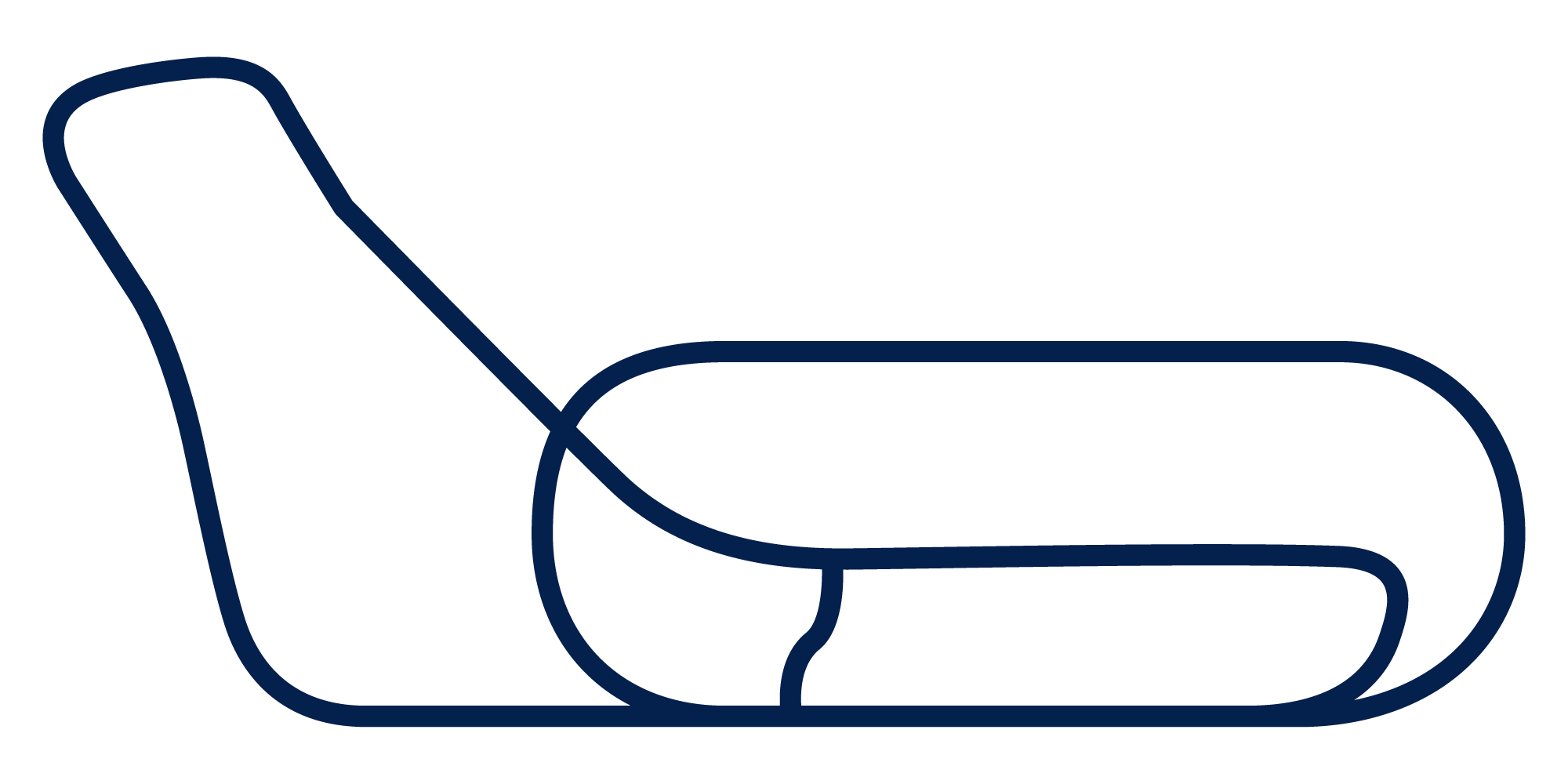AUTODROMO NAZIONALE MONZA GETS ISO 20121 CERTIFICATION
Autodromo Nazionale Monza has obtained the prestigious ISO 20121:2024 certification, issued by RINA, for sustainable event management. The international recognition attests to the adoption of high standards to reduce environmental impact, promote inclusiveness and improve organizational efficiency.
To achieve this certification, the Autodrome adopted a management system that integrates the analysis and evaluation of the environmental, social and economic impacts of events; the definition of sustainable goals and performance indicators (KPIs); the involvement of internal and external stakeholders (public, suppliers, community, local authorities); the adoption of concrete measures to reduce consumption, emissions, waste and improve the accessibility and inclusiveness of events; and a continuous improvement plan, supported by internal audits and periodic checks.
An achievement to which are added the significant achievements of the 2025 edition of the Formula 1 Pirelli Italian Grand Prix in sustainability and inclusion.
Separate waste collection reached 62.97%, an increase of 11.85% over 2024. 26 water stations and 120 dispensing points – including 110 dedicated to fans – have been installed, preventing the consumption of more than 480,000 plastic bottles.
In collaboration with LILT (Lega Italiana per la Lotta contro i Tumori), 70,000 doses of SPF 50+ sunscreen were distributed free of charge, while the Food Don ation initiative recovered 1.8 tons of food, donated to 290 families in need.
Great attention was also paid to social issues: the Awabot project involved 36 children with disabilities or serious illnesses, with the support of all 10 F1 teams, President Stefano Domenicali, and champions such as Jacques Villeneuve and Jean Alesi. With Make-A-Wish, 20 tickets were donated to young patients, and 20 children from the Maria Letizia Verga Foundation were featured as Grid Kids.
Economically as well, the GP confirmed its roots in the territory: out of 92 companies involved, nearly 60 percent are based in Lombardy, while more than 92 percent are Italian, testifying to the value of the national supply chain.


